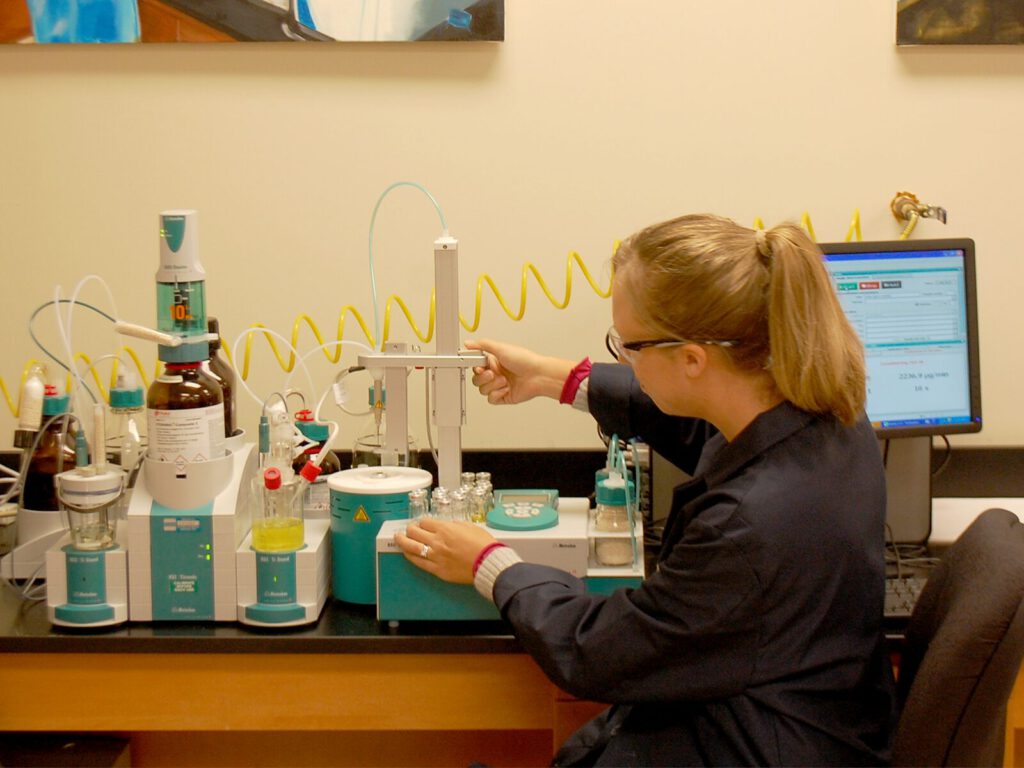Applied Technical Services’ expertise and dedication to excellence in the field of consumer product testing has earned us a place on the list of CPSC-approved labs.
The U.S. Consumer Product Safety Commission has the responsibility of protecting the public from unreasonable risks of serious injury or death from many types of consumer products. The CPSC has a commitment to protecting consumers and families from products that pose a fire, electrical, chemical, or mechanical hazard or can injure children. The CPSC’s work to ensure the safety of consumer products has contributed to the 30 percent decline in the rate of deaths and injuries associated with consumer products over the past 30 years.
One important area of focus for the CPSC is toy and children’s consumer goods safety. To address this requirement, the Consumer Product Safety Improvement Act of 2008 was signed into law on August 14, 2008 by President George W. Bush. The legislative bill is HR 4040, sponsored by Congressman Bobby Rush (D-Ill.). On December 19, 2007, the U.S. House approved the bill 407-0. On March 6, 2008, the U.S. Senate approved the bill 79-13. The law empowers the CPSC to impose new testing and documentation requirements, and sets new acceptable levels of several hazardous substances. It imposes new requirements on manufacturers, distributors, and importers of toys, apparel, shoes, personal care products, accessories and jewelry, home furnishings, bedding, toys, electronics and video games, books, school supplies, and educational materials. The CPSIA also increases fines and specifies jail time for some violations.
California Proposition 65 Testing:
California Proposition 65 continues to be an evolving list of chemicals that are regulated in the state of California. Colloquially known as Prop 65, this list is updated annually and now reaches approximately 900 chemicals. It started as an enforcement act to ensure the drinking water in California was free of chemicals that cause cancer, birth defects or other reproductive harm. The main objective of the law is to make consumers aware of products containing chemicals that are known to cause cancer or reproductive harm. In an effort to properly inform consumers, Prop 65 requires warning labels to be affixed to products containing the listed chemicals above daily specified limits.
ATS regularly receives product samples for Prop 65 testing to help determine whether they comply with this safety standard. Our CPSC-approved lab performs several testing methods to support this application, including Gas-Chromatography/Mass-Spectroscopy (GC/MS), Liquid-Chromatography/Mass-Spectroscopy (LC/MS/MS), and Inductively Coupled Plasma-Atomic Emission Spectroscopy (ICP-AES) – the latter two of which we are ISO 17025:2017 accredited through the A2LA to perform to relevant testing standards.
Helpful Links of Global CPSC Approved Labs Requirements:
State Requirements
- State of Washington – Department of Ecology
- Minnesota Legislature – Office of the Revisor of Statues
- Illinois General Assembly
- State of Connecticut
European Union Requirement:
- Registration of Hazardous Substances (RoHS)
- Registration, Evaluation, Authorisation, and Restriction of Chemicals (REACH) – European Union Requirement
Health Canada Requirement
If your company needs a CPSC-approved lab to test your product sample, contact ATS for a free quote on our services – We take a closer look.



